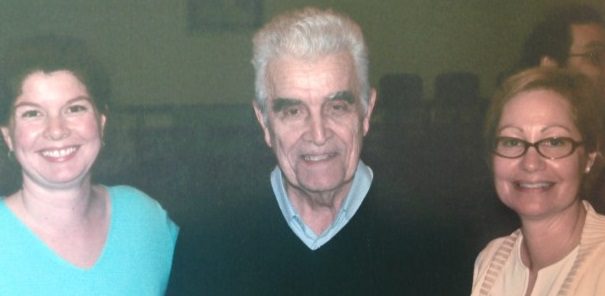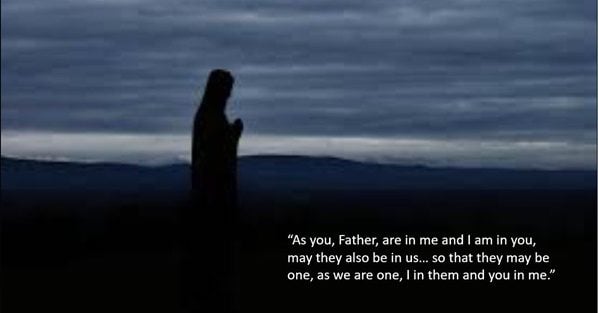
René Girard, the great scholar of scapegoating, passed away on November 4, 2015. He was born in Avignon, France in 1923 but my thoughts keep drifting to Rome, 1907, fourteen years before Girard was born. Because that was the year that Dr. Maria Montessori made a remarkable discovery that seems, in hindsight, to anticipate Girard’s work by fifty years. What Girard discovered was the scapegoating mechanism; what the good doctor discovered was a scapegoat who quite literally could not speak for itself.
Montessori and Girard each sparked a worldwide “awakening of conscience” (her words) with broad implications for human flourishing. Yet each exhibited a modesty that belied their remarkable insights. Montessori, like Girard, called her discovery “a simple observation and accessible to all”. If you doubt their conclusions, each urged that we need only “go and observe” for ourselves.
Though Montessori preceded Girard, her work could easily be described as a practical application of his. She became keenly aware that children were not only misunderstood by adults; they were victims of adult oppression. No matter that adults defended their parenting and educational methods as demonstrations of love; the Dottoressa could see the suffering such love, blind to the particular needs of childhood, caused. Listen to her describe her aims with ears tuned by Girard:
This is the cause. Not great institutions, not someone endeavoring to spread an idea, only a faint child’s voice, echoing plaintively in every corner of the earth. (The 1913 Rome Lectures, 3)
Like Girard, her work caused adults to undergo profound personal transformations. With a growing sense of guilt, parents and teachers learned that they had been insensitive to the most fragile, dependent and trusting of God’s creatures. She begged that we look with new eyes at common childhood behavior: Why do children move slowly, delight in repetition, prize process over product, privilege meandering over efficiency, and delight in the mundane? This is not evidence of disobedience, disrespect or petulance as adults so often assume. This is evidence of children behaving normally. When we blame or punish them for failing to behave like miniature adults, we have become their oppressors without knowing it.
What Montessori saw so clearly is that children were highly susceptible to being scapegoated because they are weak and defenseless, without adequate language to express themselves. Fits of anger, tantrums, crying and outright disobedience were explained by Montessori as a nonverbal communication of pain and suffering. What happens when you begin to see childhood tantrums as a victim’s cry for help? Montessori describes the impact during her first teacher training class in 1909:
In this course, for the first time, I expounded the facts related to what is called my method. It happened that during these lectures that many of those present wept so that it seemed a sad course. So I said, “What is so melancholic in what I am telling you?” They answered, “We feel the birth of our conscience within us.” Many wept for the faults of which they were until then unaware.
What Montessori awakened in these first student-teachers was the realization that they had been scapegoating children without knowing it. What caused them to weep was that until their encounter with the Dottoressa, they honestly believed that they loved children. Their aim had been to do what was best, and yet they had done terrible harm. Many who study Girard’s work, myself included, find ourselves implicated in his description of the scapegoater. To have a scapegoat, he warned us, is to not to know you have one. What he awakened in so many people around the world is the terrible realization that we were not so good, peaceful or harmless as we believed. We have wept like those students of Montessori, as our souls were stretched and our conscience born.
As we mourn Girard’s passing, we find ourselves grateful as never before for those tears. He enabled us to see ourselves as obstacles to peace, an awareness both devastating and oddly hopeful. For it puts the key to peace within reach and in our power. Our scapegoats await our tears, often with tears of their own. Let us not make them wait too long.











